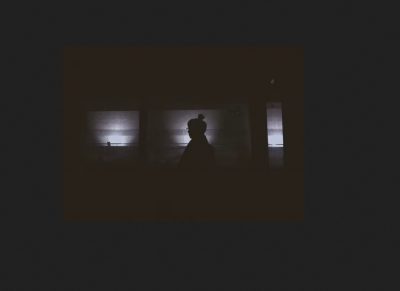Less Afraid Of The Dark
Your toddlers used to love going to bed with the lights turned off. But all of a sudden, they want you to keep the lights on in their room because they wake up in the middle of the night and are terrified of falling asleep again. Things that go bump in the night are a typical part of life for adults, but they may be horrifying for children. Children who are scared of the dark are not uncommon, but with the correct guidance, they may overcome their phobias. Use these helpful hints to assist your youngster to overcome his or her fear of the dark.
Why Are They Afraid?
Fear of the dark is a common phobia. Humans are highly visual beings, and when we can’t see, we feel unprotected, which can lead to a mild kind of anxiety. Beyond that, our imaginations might run away with us, causing apprehension about the unknown. We are afraid of what we can’t see, so when toddlers are two or three years old, their imaginations are beginning to grow, and their dread of the unknown may be heightened by the notions they have in their heads about what may be lurking in the dark. It is possible to develop a fear of the dark at any age.
Control The Lighting
Controlling the amount of light in the room is quite beneficial for overcoming a fear of the dark, and the ideal option is to use a modest nightlight of some type. It is preferable to utilize a low-wattage light in the room. You can also try these red night lights, as they are great for providing enough light to see and move around the house at night. Because strong lights will interrupt their sleep cycles, you don’t want a powerful lightbulb near your children’s face, such as a reading light, and you don’t want the overhead light in the room. Small lights will make them feel as though they can see around the room, and will make them feel safer and more comfortable if they need to get up to use the toilet or visit you without disrupting their sleep cycles. Also, make sure they can reach the light switches or see in the halls in case they wake up in the middle of the night.

Talk To Them
The most important thing to remember when dealing with any fear is that it is realistic for your child, especially for young children. So you should sit down during the day and have a calm chat with them about their concerns. It’s critical to start with listening. When we’re parents, we use our amazing parent brain and solve problems far too rapidly for our children. So have a seat and ask questions. They get interested in the solution after that. It’s fine if it’s an imaginative solution for small children. Simple items like night lights or flashlights can help older children. Information is the most vital aspect in overcoming any phobia. When a person isn’t educated, their concerns grow. Explain to them that darkness is nothing more than the lack of light. It does not affect what the light will shine on.
Don’t Feed Their Fear
You don’t want to handle fear as if it’s something to be afraid of since there’s nothing in their room to be concerned about. As a result, we don’t want to feed those fantasies by treating them as if they’re genuine. To put it another way, seeking monsters is a bad idea. Instead, it’s preferable to assist them in distinguishing between truth and fantasy, as youngsters at this age are frequently unable to do so. So you want to assist them in determining what is reasonable, actual, and concerning, as well as what is not so rational. You can assist them in distinguishing between their imagined and actual worlds, allowing them to feel more at ease and secure in the real world.
Be There
It’s better if you’re available at all times when they’re worried because if they’re terrified and know they can reach you if they need you, they’ll feel safer. So, if they wake you up in the middle of the night or come to your room, it’s great if you can soothe them and, ideally, return them to their room and make them feel safe in the environment where they’re sleeping. If they appear to be content and safe, you are free to go again, and they should be able to fall asleep in their room.
Consult A Psychologist
If you’ve tried many approaches and still have a persistent or growing phobia after many weeks, go to your doctor or child psychiatrist to see if there’s anything else going on.
Fear of the dark is a typical issue among young children, and it should be addressed. Assisting a youngster in overcoming this phobia might give them the confidence to confront other phobias in the future. Your children need your support, so do your best and help them overcome their fears with these useful tips.
